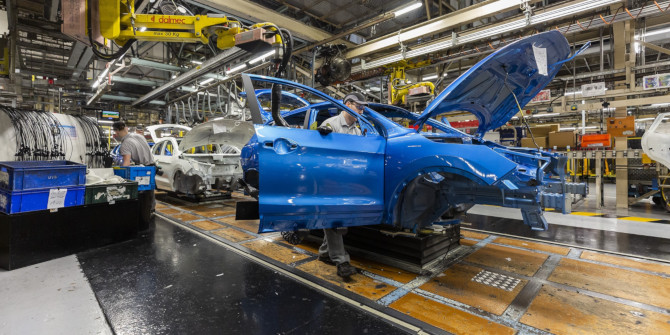Only Toyota has yet to commit to electrification in the UK, but this may change in the coming months despite the lack of an industrial strategy – Sky News.
The UK’s best-selling car may be the kind of vehicle Mr Sunak only takes for photo shoots, but the construction of a new gigafactory in Sunderland means the opportunity to pose with one when they go all-electric.
Furthermore, the successors to the Qashqai and Juke, as well as the already all-electric Leaf, will now be produced in Sunderland, which should give Britain’s largest carmaker a second half-century of production.
The taxpayer will provide around £100 millions of the £1.12 billion, with further incentives likely to pay for £900 millions to build a battery plant and a renewable energy “microgrid.”
For a Prime Minister trying to prove he has a plan to replace the industrial strategy he abandoned when he came to power, it was a good end to another difficult week: consequently, the abandonment of the northern part of the HS2 project and the five-year delay in the ban on new petrol and diesel cars have all caused industrialists and investors to privately question the UK’s credibility.
Indian conglomerate Tata, owner of Jaguar Land Rover, has been particularly successful, receiving £500m to support a £4 billion gigafactory in Somerset.
BMW received around £75 millions to invest £600 millions in building an electric Mini at Oxford Cowley.
With Honda closing its Swindon plant after Brexit, of the existing UK manufacturers, only Toyota has yet to commit to electrification in the UK.
Questions remain for the Prime Minister, Chancellor and Business Secretary Kemi Badenoch to address: Is the current subsidy scheme an efficient and cost-effective way of raising taxpayers’ money?
